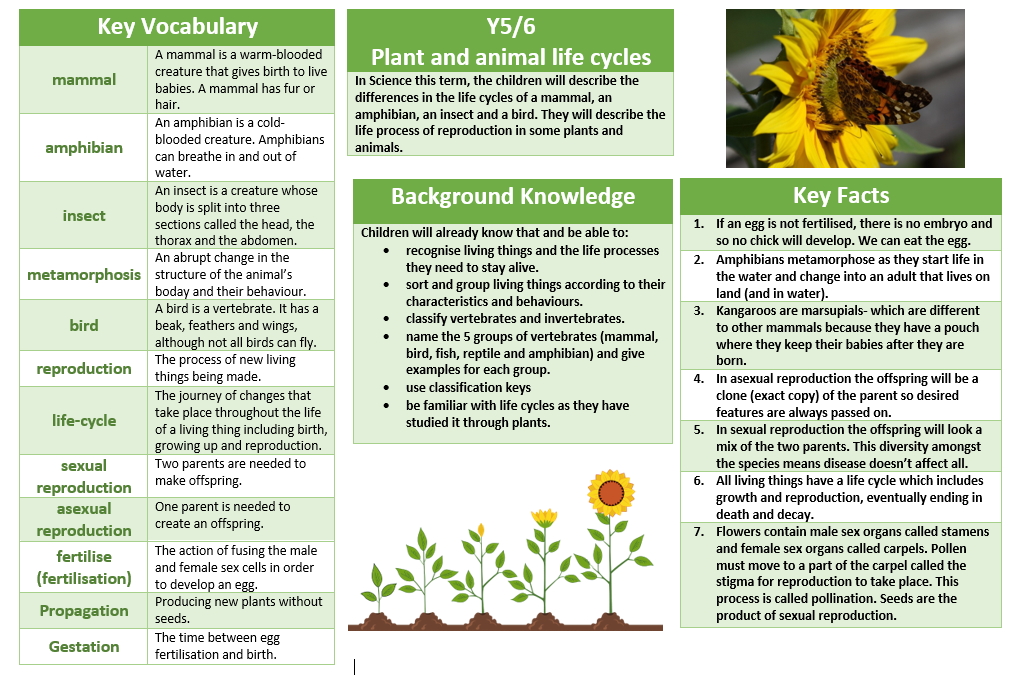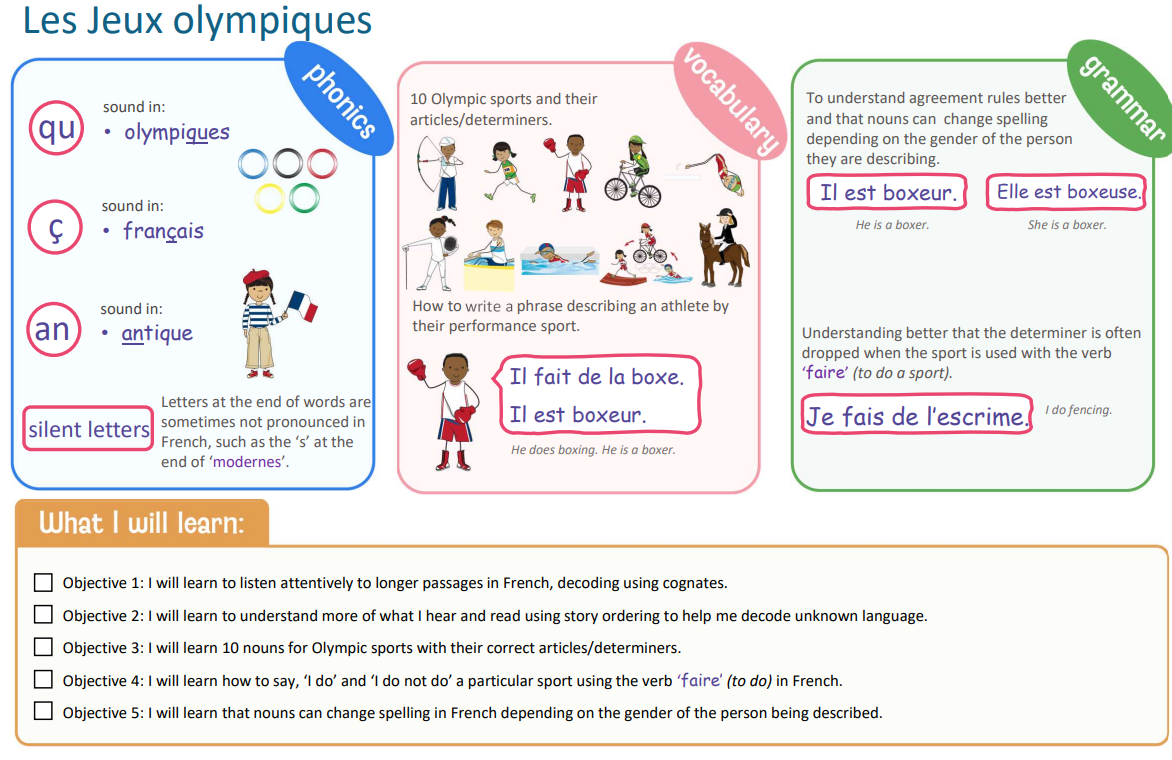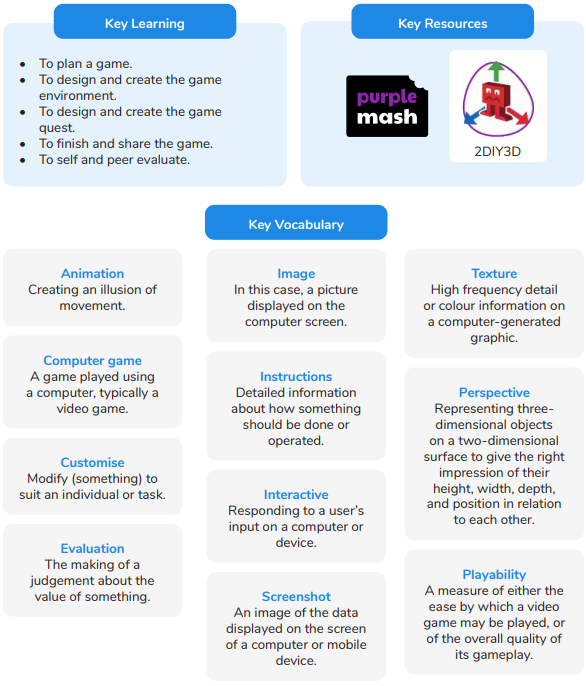Foundation Subjects
SPRING 2
Geography- Mountains
As geographers, children will learn:
Science - Plant and Animal Lifecyles
As scientists, children will investigate:

French - The Olympics
As linguists, children will learn:

DT- Chinese Inventions
As designers, children will:
Computing - Game Creators
As computer technicians, children will learn:

PSHE - Mini Police
As healthy citizens, Year 5 will continue the Mini Police programme. This is run by Derbyshire Constabulary and include lots of exciting sessions. The children have really loved this so far.
This term the children will learn about honesty and integrity, be able to identify dangers, take part in practical sessions on first aid, with the Armed Response Unit and a visit from the High Sheriff, Sir Richard Fitzherbert.
Here is a link to find out more:
Mini Police | Derbyshire Constabulary
MUSIC-
RE- What does it mean to be Muslim in Britain Today?
